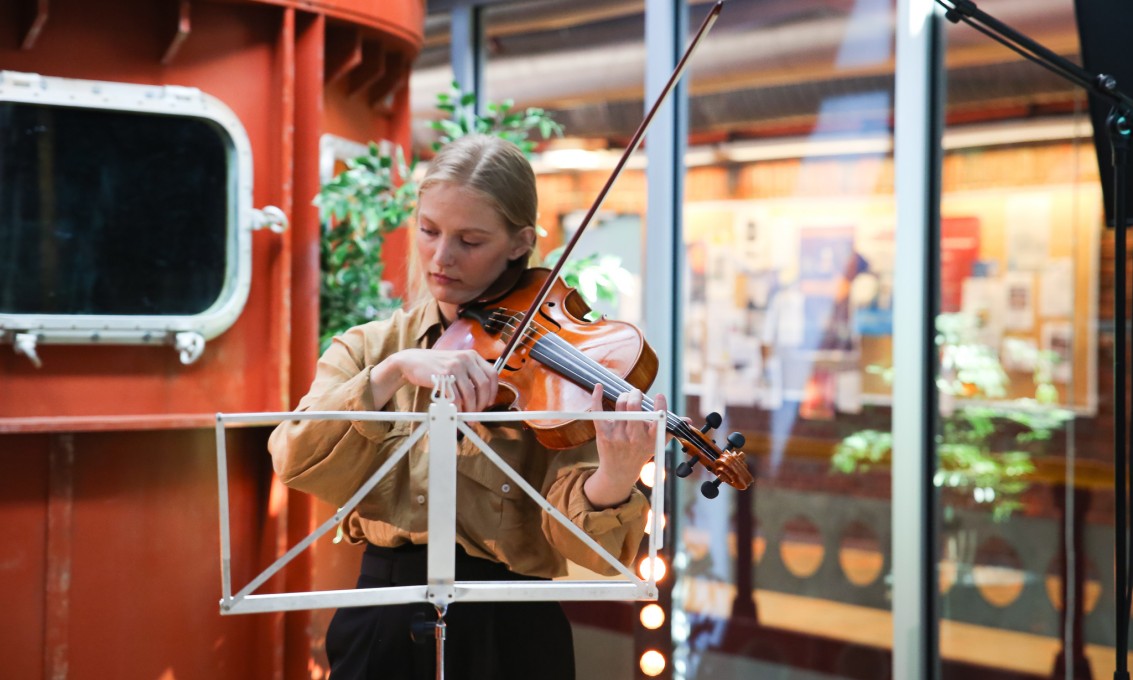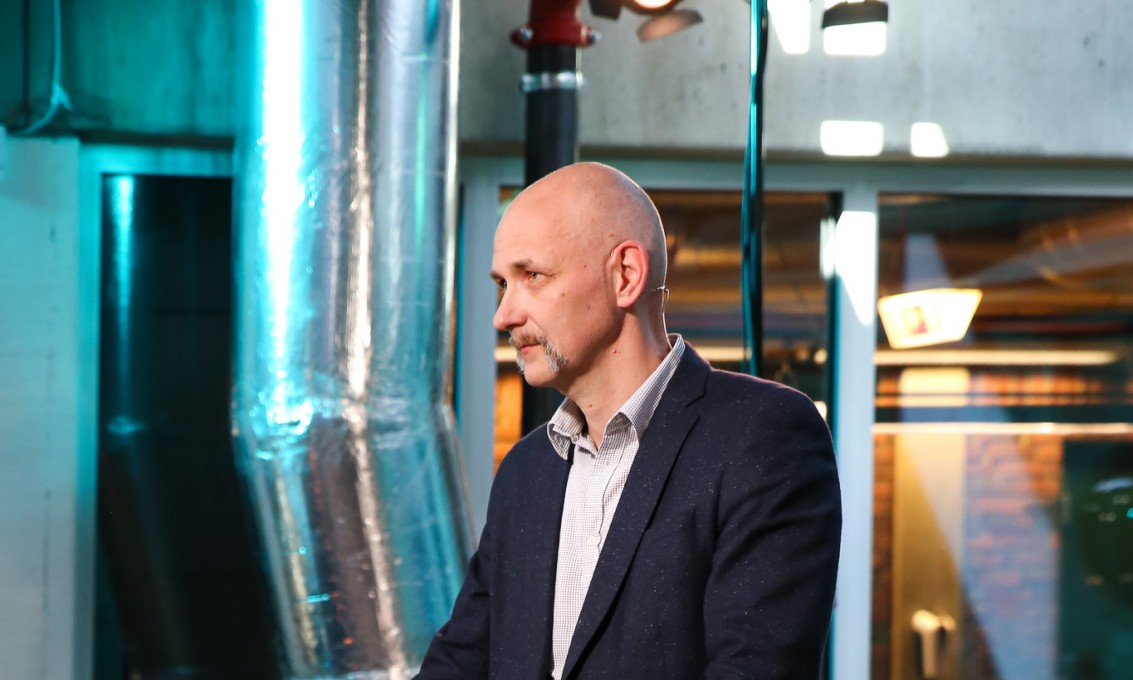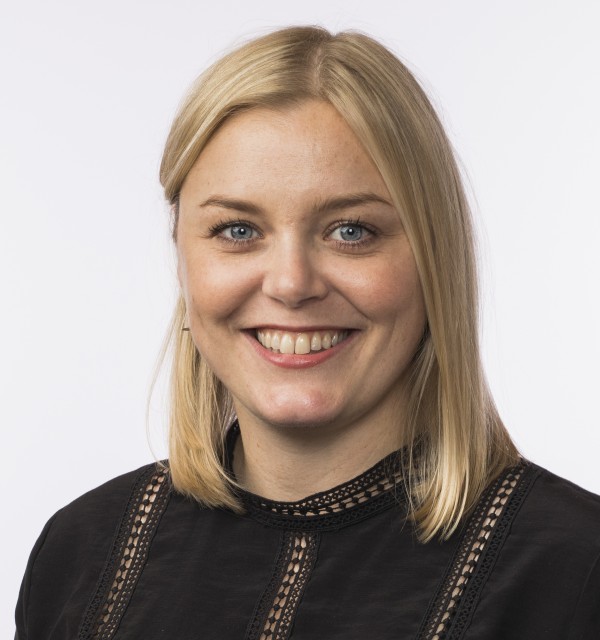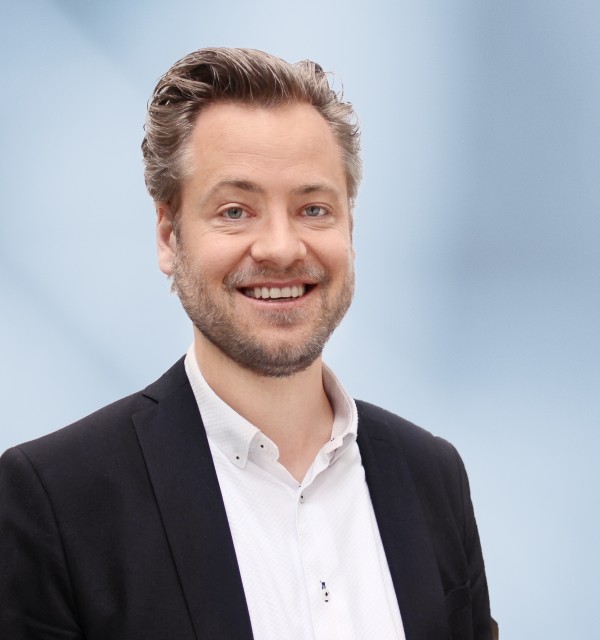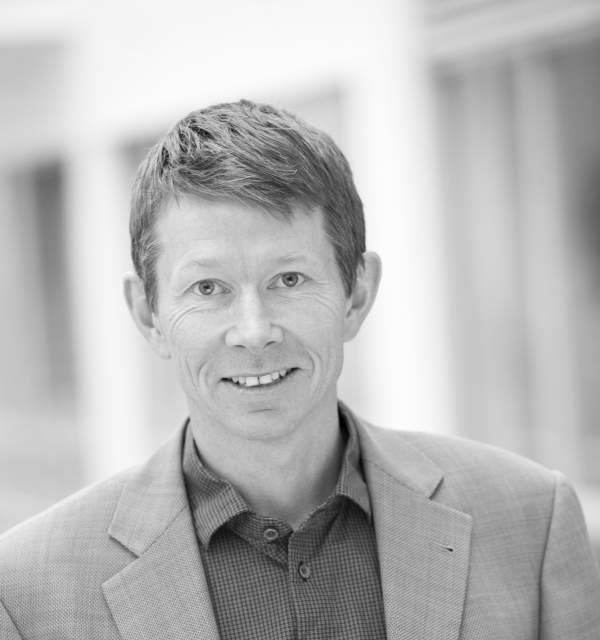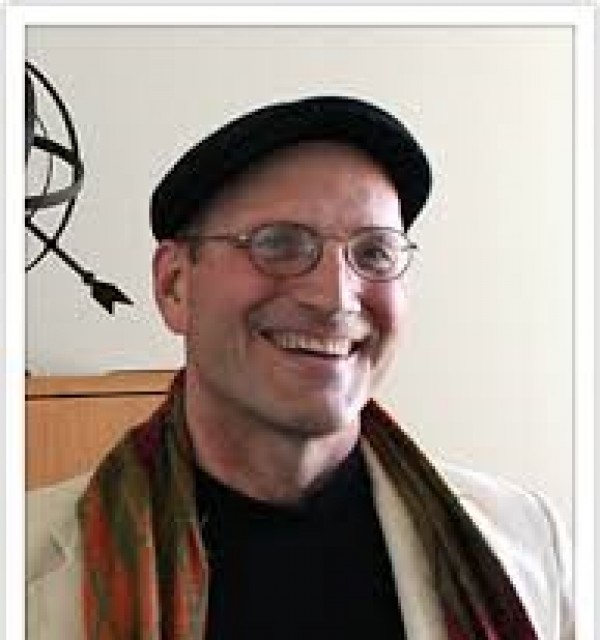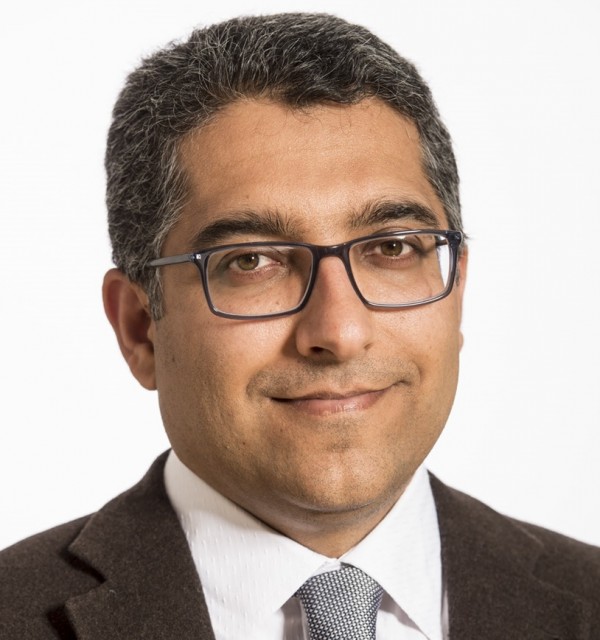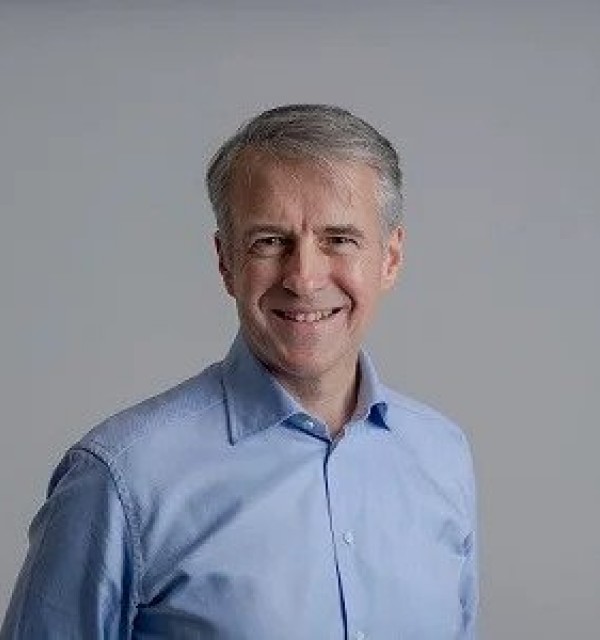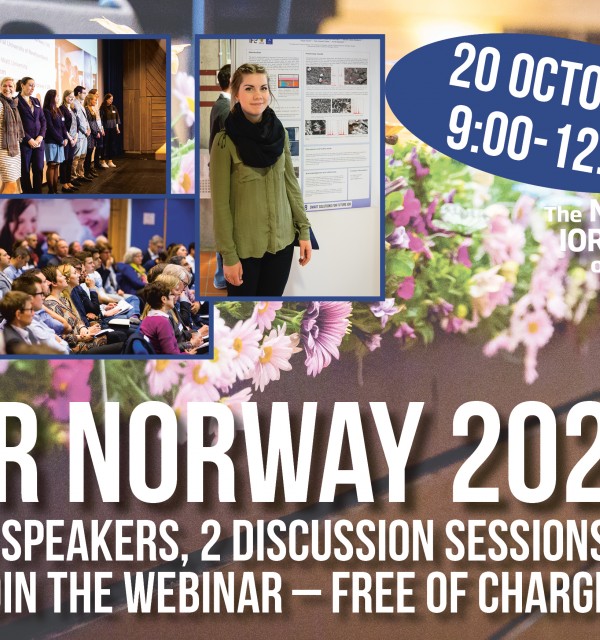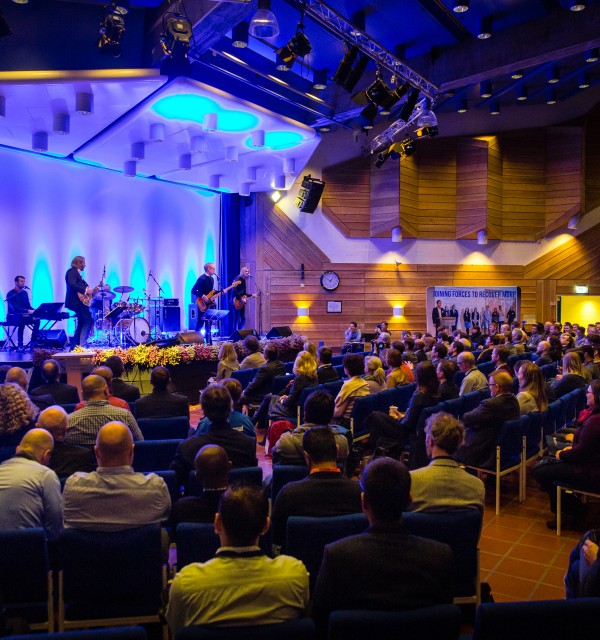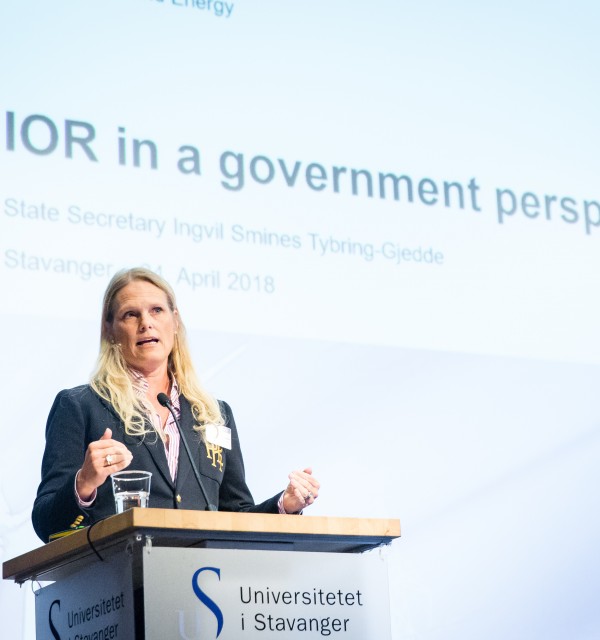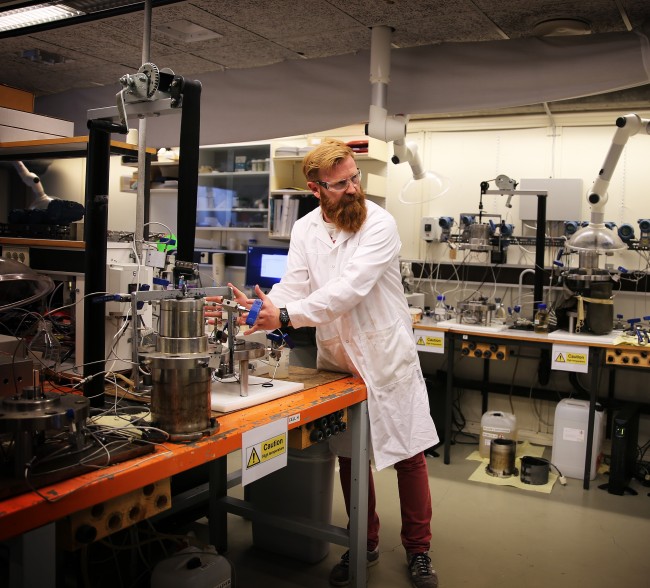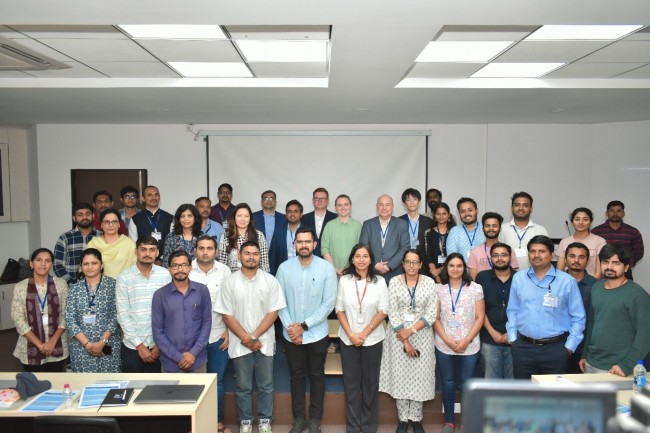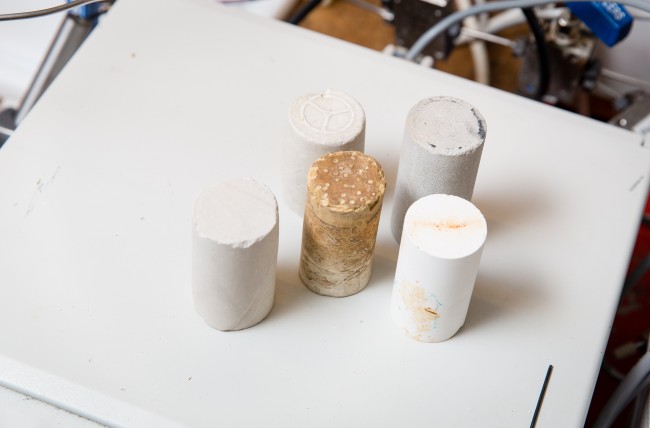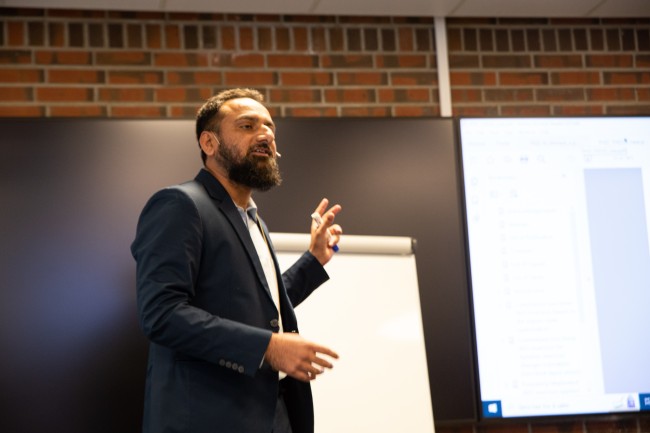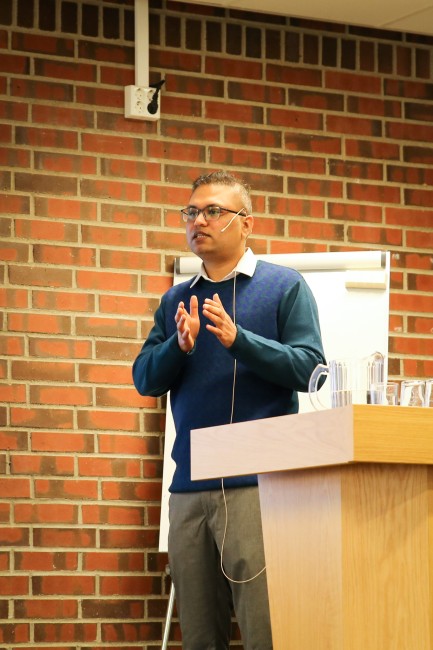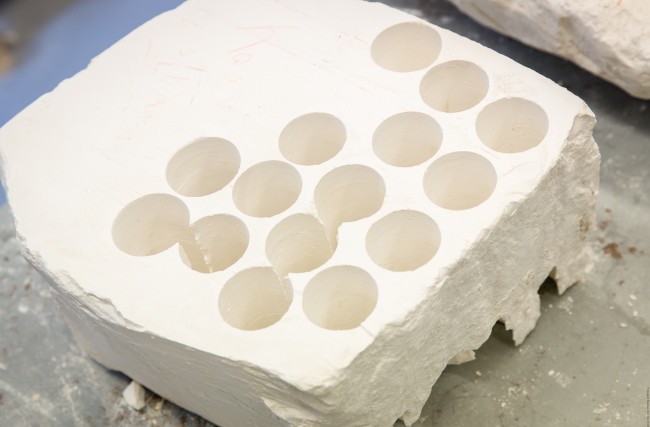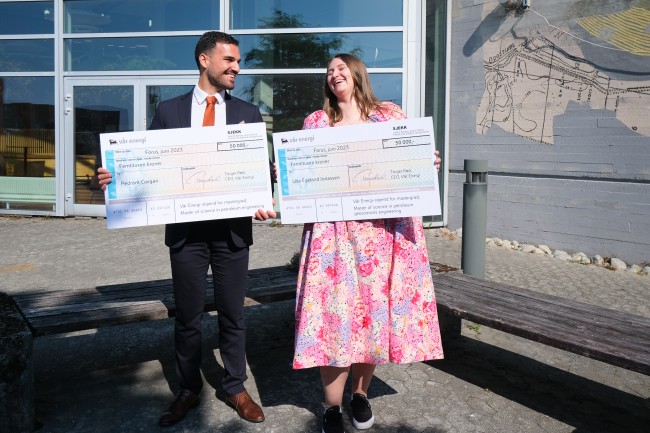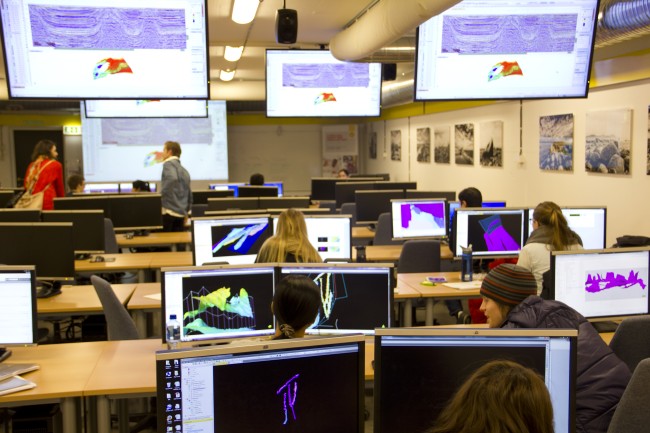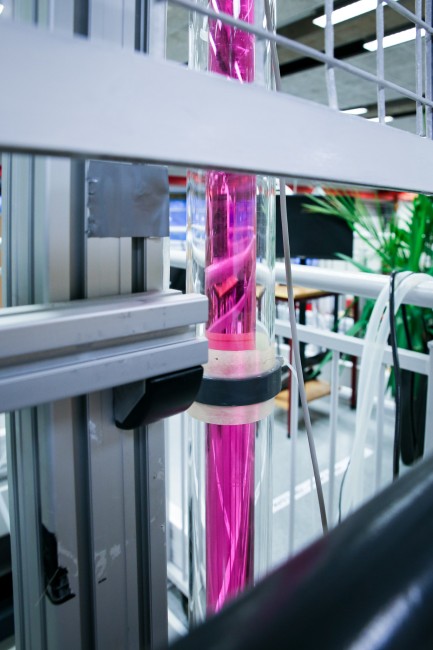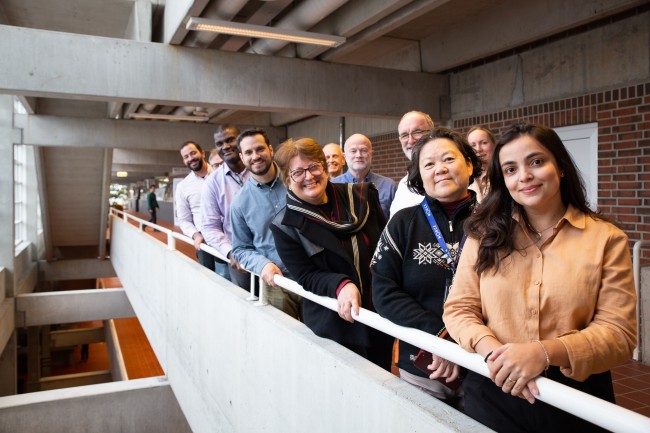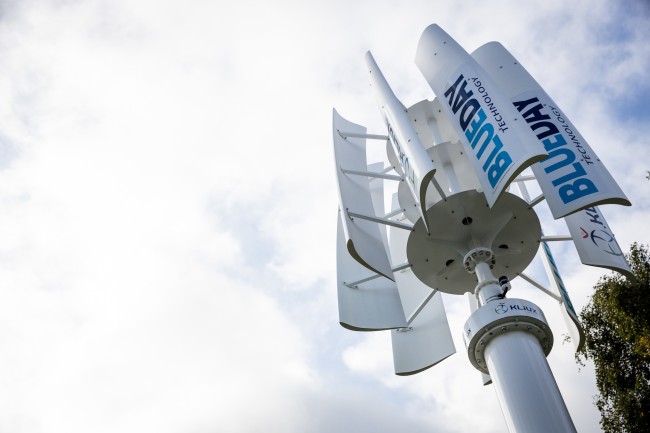The 7th IOR NORWAY is arranged 26-28 April 2021. The digital event will be co-organized with the 14th International Symposium on Reservoir Wettability and its Effects on Oil Recovery.
See the presentations
About the conference
«A unique opportunity to engage with IOR professionals and researchers from Norway as well as Europe and further afield.»
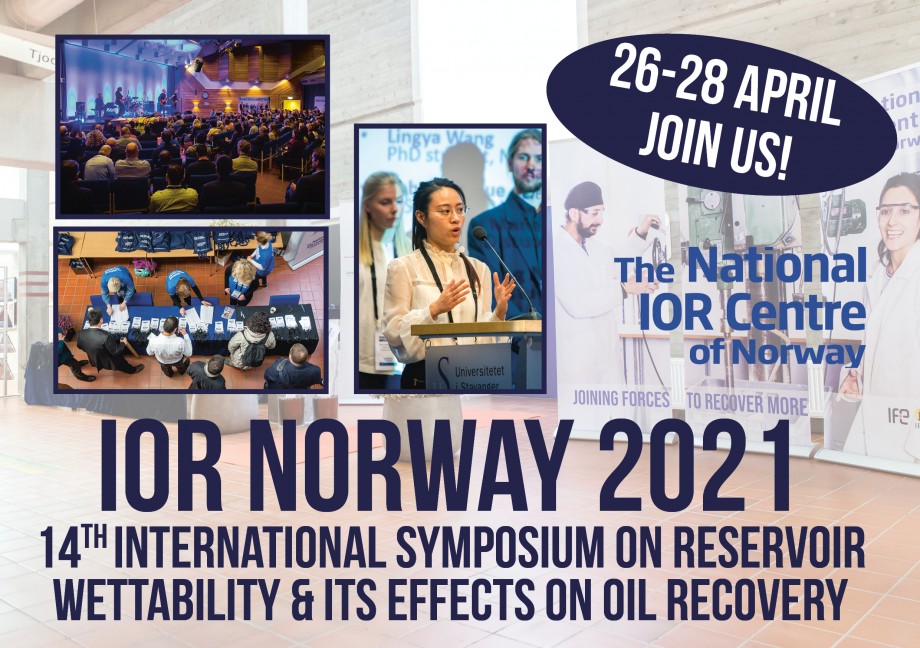
The National IOR Centre of Norway organizes an annual conference with more than 300 participants, IOR NORWAY. The 2021 edition is the 7th conference organized by the Centre.
The distribution between participants from industry and academia is normally close to 50/50. These conferences have helped to bring industry and academia together, and as a direct result of the conference, several collaborative projects with industry and the research communities IFE, NORCE and University of Stavanger have begun. Our conferences have made the Centre visible nationally and internationally.
Speakers
Programme
Symposium on Reservoir Wettability
In the symposium, Monday 26th April, we will focus on the main factors affecting reservoir wettability, how reservoir wettability could be described and/or measured, and optimized core restoration procedures to improve quality of laboratory data.
The symposium is divided into two main parts
- Fundamentals of reservoir wettability
- Wettability measurements, core restoration and reservoir wettability modelling
Monday 26th April
13:00 – 15:10 – Fundamentals
- Opening with Tina Puntervold, UiS and Skule Strand, UiS
- Patrick Brady, Sandia Laboratories – Electrostatics and Oil Recovery from Tight Formations
- Zahra Aghaeifar, University of Stavanger – Importance of capillary forces during the Low Salinty waterflooding
- Skule Strand, University of Stavanger – Effect of wettabilty on ultimate oil recovery during water flooding
- Maxim Yutkin, KAUST – LSW with dilute seawater is inefficient
- Maria Bonto, DTU – Measurements of electrokinetic properties of Indiana limestone with two different methods
- Michael Levant, Total – Surface probing with Streaming Potential: the Polymer Flooding Scenario
- Hassan Mahani, Sharif University – Pore-scale observation of brine-chemistry dependent oil recovery using a calcite microfluidic chip
- Moataz Abu-Al-Saud, Saudi Aramco – Prediction of SmartWater Synergy with EOR in Carbonates Using Surface Complexation Modeling
15:30 – 17:30 – Core restorations, measurements, and modeling of wettability
- Ingebret Fjelde, NORCE – Effects of mud exposure on established wettability conditions
- Ivan Dario Pinerez Torrijos, UiS – Reproducing Wettability in Laboratory Core Restorations and the Influence of Solvent Cleaning on Carbonate Wetting
- Ali Eftekhari, Danish Hydrocarbon Research and Technology Centre (DHRTC) – A mathematical model for better core-scale analysis and faster field-scale simulation of modified-salinity water flooding
- Asier Panadero, CEPSA – Experiences of numerical simulation impact on permeability curves determination
- Jhonatan Jair Florez, University of São Paulo – Wettability changes on rock outcrop samples and synthetic plugs with mineralogy similar to carbonate reservoir
- Jules Reed, Premier Oilfield Group – Wettability Restoration: What? Why? Where? When? How?
17:30 – End of programme
IOR NORWAY 2021
Tuesday 27th April
13:00 – 14:00 – Norwegian Continental Shelf towards 2050
- Klaus Mohn, Rector, University of Stavanger
- Ying Guo, Centre director, The National IOR Centre of Norway
- Tina Bru, Minister of Petroleum and Energy
- Torgeir Stordal, Director technology and coexistence, Norwegian Petroleum Directorate
- Sandra Cederholm & Karoline Lillehammer, Det store bildet, Norwegian Oil and Gas
14:00 – 15:00 – Alternatives for HC reservoir utilization combined with CCUS and Blue H2
- Sveinung Hagen, Equinor – An introduction to Low Carbon Solutions in Equinor
- Jim Stian Olsen, Aker Carbon Capture – Learnings from Blue Hydrogen production with Carbon Capture - a source for CCS and CCU
- Ronald Maritvold, Horisont Energi – Barents Blue. A world scale clean hydrogen and ammonia project
15:30 – 17:00 – Energy-efficient recovery (smart water and polymer)
- Bilal Rashid, BP Exploration – Low Salinity EOR in the field: Challenges and Benefits
- Tina Puntervold, University of Stavanger – Is there a Smart Water EOR-potential on the NCS
- Mahmoud Ould Metidji, SNF – Reducing Carbon Intensity While Maximizing Oil Recovery With Polymer-EOR
Wednesday 28th April
13:00 – 14:00 – Industry views
- Bjørn Thore Ribesen, Vår Energi – Balder towards 2045
- Gunnar Hjelmtveit Lille, OG21– The importance of IOR in the technology strategy for the Norwegian petroleum industry
- Ana Todosijevic, Wintershall Dea – E&P industry contribution to secure and sustainable energy supply
14:00 – 15:00 – Value creation
- Erik Holm Reiso, Rystad Energy – Technologies to improve NCS competitiveness
- Geir Evensen, NORCE – Introducing ensemble methods for reservoir management
- Aksel Hiorth, UiS – IORSim – adding more physics and chemistry to reservoir simulators
15:30 – 17:00 – Wettability – why is it important?
- Kishore Mohanty, University of Texas – Corefloods to Evaluate Wettability Alteration
- Steffen Berg, Shell – Spatial Wettability Distribution for Digital Rock Modelling
- Anthony Kovscek, Stanford University – A pore scale view of wettability, voidage replacement ratio, and low salinity fluids
About the IOR Centre
Previous conferences
Related articles
Energy research and innovation at UiS
UiS seeks to creates innovative solutions for the energy systems of the future. UiS focuses on renewable energy, carbon ...
Impact Case: Eco-Friendly Hydrate Inhibitors: From University Research to Industry Innovation
Eco Inhibitors, a spin-off from the University of Stavanger, has brought breakthroughs to the oil and gas industry with ...
Advanced Power System Operations (AdPSO)
We conceptualize advanced operational functions as well as explore optimization methods and physics-informed AI to addre...
New methods for characterization of impurities in chalk
Tine Vigdel Bredal has investigated different methods for analyzing chalk at core level and right down to the smallest s...
UiS students won the Laurie Dake Challenge
Master students from University of Stavanger won the prestigious student competition during the geology conference EAGE ...
HyTack: Tackling the Challenges in Hydrogen Economy through Education and Research
The HyTack project aims at developing and providing an educational base in the field of hydrogen technology to the stude...
Data-driven mathematical modelling
Mathematical models enable a scientific understanding of natural phenomena around us, and the study and optimization of ...
Analytical Solutions Toolbox for Multiphase Core Analysis
Developing a digital toolbox for Special Core Analysis (SCAL).
Seismic inversion methods for reservoir characterisation
Nisar Ahmed has developed a workflow for seismic inversion methods to estimate the rock-properties in a reservoir.
Impact Case: The National IOR Centre of Norway
The National IOR Centre has provided cost efficient and environmentally friendly solutions for improved oil recovery on ...
Ghosts of Empire in the North Sea
We are a research collective that aims to shed light on the imperial logics embedded in extractive activities in the Nor...
Environmental risk assessment of enhanced oil recovery solutions
In his PhD work, Mehul Vora has contributed to new knowledge about the environmental risk related to shortlisted product...
Special Core Analysis – modeling, experimental design and upscaling
Prediction of subsurface multiphase or single-phase flow processes is challenging, but important for oil and gas product...
Industry awards to energy students
Repsol and Vår Energi awarded a total of nine prizes and NOK 350,000 to bachelor and master students at UiS.
What does the energy industry need?
Researchers at University of Stavanger have asked the industry to define their education needs in the years to come.
Laboratories for drilling and well technology
Within the field of drilling and well-technology, there are several laboratories conected to the Faculty of Science and ...
Won prize for best PhD project
Huong Huynh finished her PhD project at University of Stavanger October 2021. Now her PhD thesis has been selected as Be...
INTPART: Brazil-Norway Research Education and Competence transfer
The objective of this project is to establish long-term excellent collaboration within Improved Oil Recovery (IOR) educa...
